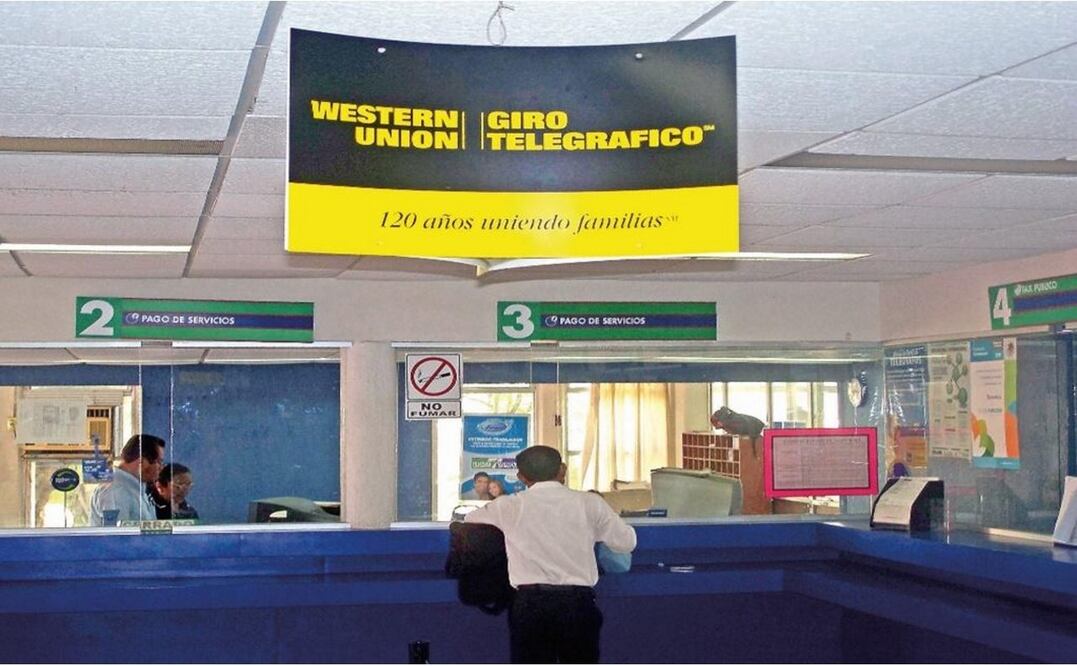Más Información

Rumbo al Mundial 2026, existe riesgo potencial de un atentado terrorista en México, advierten expertos; pide elevar seguridad

Estudiantes del Conalep y TecNM obtienen primeros lugares en certámenes de innovación y robótica; compiten en Singapur, Japón y Ecuador

A una semana de la captura de Maduro, el chavismo convoca una "gran marcha nacional"; piden "libertad pronta" del líder venezolano
In central Mexico’s Mezquital Valley, new pick-up trucks bounce along unpaved roads and U.S.-style houses are springing up alongside cornfields. But people are afraid that remittances from family members abroad, a primary source of funding for such purchases, may soon dry up.
During the holiday season, even as money and gifts have flowed into the area from relatives working in the United States, residents have fretted about what a Trump presidency will mean for them and family members working in the United States.
During his presidential campaign, Donald Trump said he would stop allowing wire transfers of money out of the United States from Mexican nationals unless Mexico agreed to fund a border wall. Migrants in the United States are expected to have sent a record US$27 billion in remittances into Mexico in 2016, according to BBVA Bancomer, an increase of more than US$2 billion over 2015.
Remittances jumped nearly 25 percent to almost US$2.4 billion in November from a year earlier, the biggest annual increase for any month since March 2006, Mexican central bank data released on Monday showed.
Monica Arroyo, who lives in a village outside Ixmiquilpan, the Mezquital Valley’s largest town, said she depends on the US$200 a month her daughter, an undocumented restaurant worker in Clearwater, Florida, sends home.
“If they return our migrants, there’ll be more poverty, because up there they have work and help maintain us,” she said. “Here there is no work.”
In recent months, Trump has not elaborated on his threat to block money transfers, and a 10-point immigration plan on his transition website makes no mention of the subject. But the possibility is affecting migrants' remittance decisions.
Members of the Trump transition team did not immediately respond to requests for comment.
Remittances have become a huge prop for the Mexican economy, compared to the US$18.5 billion in revenue from oil exports in 2015 or nearly US$340 billion in manufactured goods, according to the national statistics agency.
MIXED RESPONSES
In Florida, Arroyo’s daughter, who asked to be identified only by her last name, Hernandez, said she and her husband decided against sending holiday presents to Mexico this Christmas out of fear they will need money if they lose their jobs or be deported after Trump takes office.
"My husband and I are living with this fear there's going to come a moment where all of a sudden we're going to have to go," Hernandez said, speaking in the living room of her Florida apartment as her three U.S.-born children played by a Christmas tree.
Other Mezquital Valley migrants in Florida say they are sending more money than usual this holiday season in case they are unable to do so once Trump takes office.
One migrant, an auto mechanic who asked to be identified only by his first name, Salomon, because he does not have papers, said his wife recently panicked and sent their entire nest egg back to Mexico, thinking it would be safer there.
“She told me 'if something happens to us, maybe we can still keep the little we have',” he said in an interview in Clearwater.
In 2015, the area around Ixmiquilpan, home to about 94,000 people, received about US$100 million in remittances from abroad, according to data from Mexico’s central bank, more than 10 times the municipal government's annual budget.
Maria de la Luz Pioquinto, an immigrant from Ixmiquilpan who runs a money transfer business in Clearwater, said her Mexican customers doubled their average transfers right after the Nov. 8 election but are now waiting to see what happens.
“They are worried about still having work, and they are worried about providing for their families back home,” she said.
DOLLAR FEVER
Leonardo Rodriguez was one of the first migrants from the Mezquital Valley to the Gulf Coast of Florida, ending up in Clearwater in 1987 after making a wrong turn trying to get to Disney World.
He said he understands why young people have continued to go north. "Why would you study if, when you get out, there is no work? Instead they decide to go to another country."
Rodriguez now lives in the United States legally and owns three restaurants. He works with local officials in Mexico to help channel remittances into projects in Ixmiquilpan, including a roof over a village school yard.
Michael Clemens, who studies remittances and migration at the Center for Global Development, says that "for countless towns like Ixmiquilpan, remittances are an economic lifeline." The money sent back usually gets reinvested locally, he said, "in better schooling for kids, better care for the elderly, and better housing."
Blocking the funds, he said, would mean "that more people close to the edge fall over the edge."
Noticias según tus intereses
[Publicidad]
[Publicidad]











